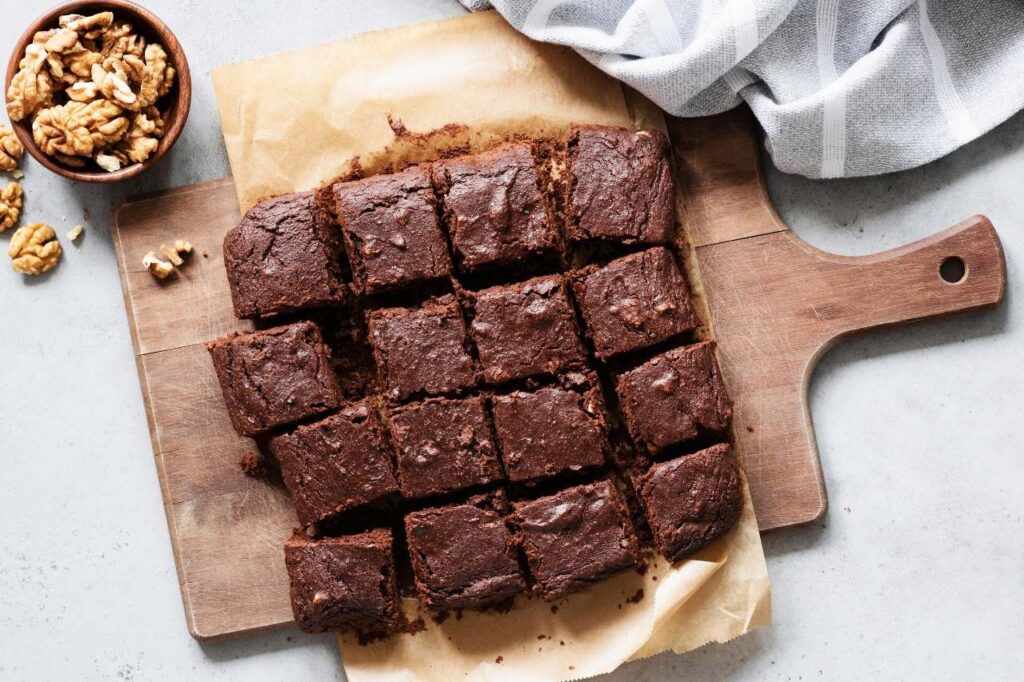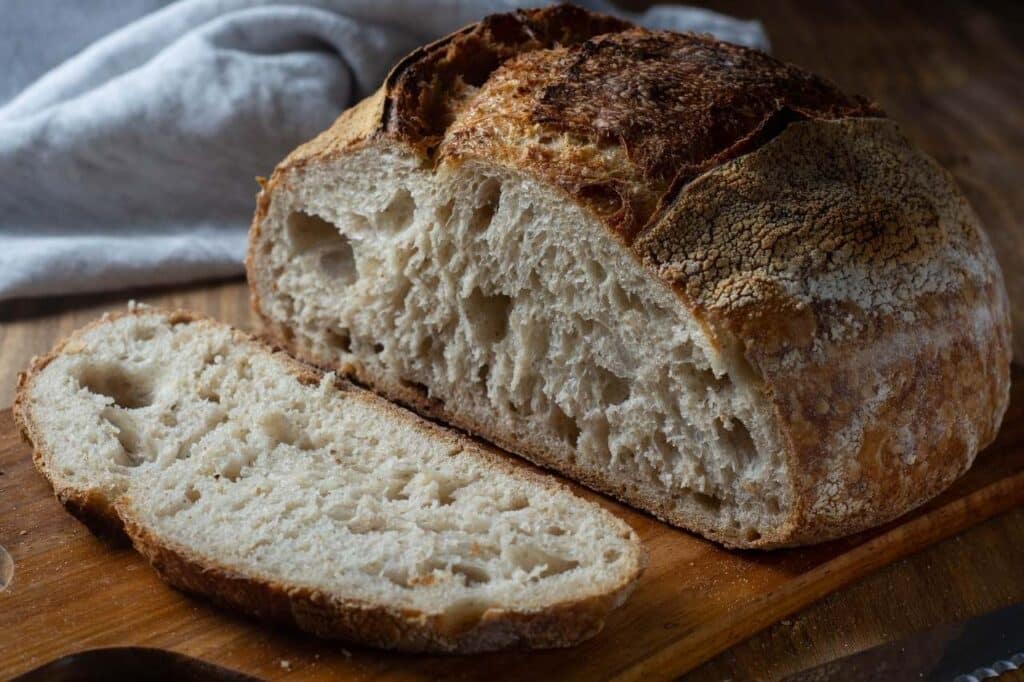Our dinners taste fantastic and clean up easily with the ceramic pan. Still, even Teflon skillet can grab burned areas and marks that won’t come off. A few cooked locations can damage the pan and make it impossible to utilize and clean up. If you have a problematic mark or burned food, you need to know how to clean ceramic pan.
You’ll rarely have to worry about a lousy stain anymore if you have a tried-and-true technique for cleaning pottery non-stick cookware. This guide will teach you how to take care of your pottery dishes daily and remove burnt-on and difficult food smears with ordinary home cleansers. You’ll be prepared for any housekeeping chore the world tosses at you, and your kitchenware will be in pristine condition.
Read more to learn how to maintain porcelain pans properly.
Most of the time, your non-stick pottery skillet is in excellent condition and doesn’t need special care. Maintaining ceramics is frequently as simple as wiping it down and rinsing it, much like maintaining a cast-iron skillet.
However, you must keep a few cleaning methods on hand in case of unpleasant stains. You require several essential cleaning solutions to maintain your porcelain gleaming clean and perfect to utilize anytime you’re keen to prepare that special meal. Let’s look at how to clean ceramic pan.
How To Clean Ceramic Pan?
This segment sees essential consideration and cleaning approaches that you ought to utilize at whatever point you work with your cookware. We give you fundamental methods for treating and putting away your ceramic skillet that can save them in like-new condition for quite a long time.
Also, you’ll gain proficiency with some cleaning stunts that you can utilize the following time you have a regular cleaning position hanging tight for you.
Allow your pan to cool
The skillet’s temperature at the hour of cleaning isn’t something you focus on, except if it’s hot to the point that it murmurs when you place it under a water spigot. However, continuously know about a ceramic skillet’s temperature.
Clay cookware doesn’t do well when you shock it with unexpected temperature shifts, which can harm the non-stick covering or even break the ceramic layer. Continuously permit your artistic non-stick dish to return to room temperature before cleaning them after use.
When the dish is chilly, clean it without the concern of harming it. Try not to utilize a high burner under a pottery skillet. The skillet doesn’t require a high temperature to take care of its business. Rehashed openness to high temperatures over its resistance causes long-haul harm.
Difficult Stains
Assuming you’re approaching your everyday cooking and cleaning assignments and experience a stain that doesn’t quickly wipe away on your clay, it’s the ideal opportunity for a splash. A heated water drench releases any prepared food that a wipe could miss, and it won’t hurt the ceramic.
The following time you find a difficult-to-clean spot from the last cooking meeting, check heated water and a delicate scouring out. Allow any stained regions to sit under high temp water for no less than 30 minutes before you attempt to clean them away.
Never utilize scratchy cleaning apparatuses like nylon scrubbers or steel fleece on porcelain. They can cause deep scratches on the skillet surface. If you can’t perfect the spot with a delicate wipe after splashing, utilize a plastic spatula to tenderly work under the stain until it releases and cleans away.
How Long Do Brownies Take To Cool? Read our article here.
Burnt Food
This part covers cleaning choices for handling muddled, burnet porcelain skillet. It could appear as though no measure of cleaning will resurrect those skillets. However, we have a couple of stunts prepared to send.
Baking Soda
It is one of your family’s star cleaners for How to clean ceramic pan. It’s sure to destroy your most difficult veneer cookware and eliminate dark from aluminum skillet. At the point when you stumble into an obstinate piece of food that appears to get forever connected to your dish, take out the baking soda and watch the sorcery. Cleaning a treat sheet prepared on oil works the same way.
Fill the ceramic skillet or treat sheet with water, and add the baking soda. Place the pan in the oven at medium-low settings, and utilize the spatula to work up the blend.
Allow it to cook for around two minutes, and afterward, switch off the burner. Hold on until the water cools, and later, channel it and wash the skillet in sudsy water. The stains ought to clear right off. Likewise, baking soda is an optimal method for removing oil off a stove base.
Note: Joining vinegar and baking soft drink makes cleaning the stove more straightforward than you at any point expected.
Vinegar
Vinegar is a cutting-edge wonder and one of our number one cleaning items. Since it is corrosive, vinegar consumes natural material and leaves the finish immaculate. When you experience a stain that baking soft drink can’t move, call vinegar. You’ll be surprised at how compelling it tends to clean a porcelain skillet with vinegar.
The method for cleaning a consumed Teflon skillet is to add the water and vinegar to the skillet and mix it with a spatula. You might add a drop or two of the dish cleanser. Put the skillet over an oven, and let the arrangement stew for around five minutes.
Switch off the stove and let the arrangement cool. Channel the skillet and wash it to no one’s surprise. The vinegar ought to eat the food right off the finish and permit you to get the cookware shining once more.
Bottom line
Ceramic skillet is a beautiful and long-lasting contemporary utility, though lack of maintenance can result in staining. Our guide provides you with suggestions and demonstrates the easiest methods to maintain porcelain kitchenware. You’ll be prepared to tackle any cleanup problem you meet with our recommendations.



Pingback: How To Store Sourdough Bread? The Best Methods Are Here For You
Pingback: How To Remove A Stripped Allen Screw - Follow These Methods
Pingback: Sink Gurgles But Drains Fine? Here Is What You Need To Do